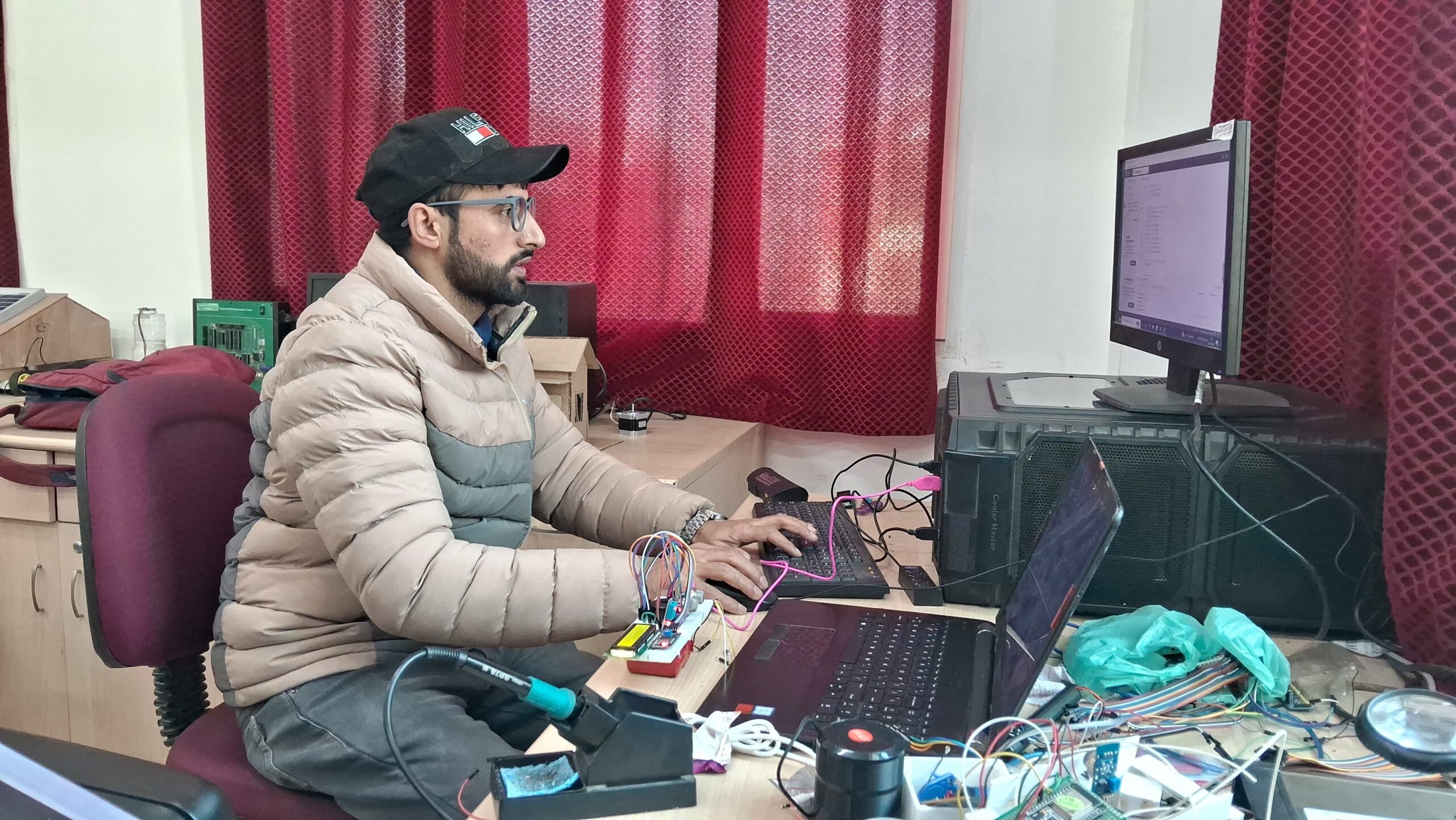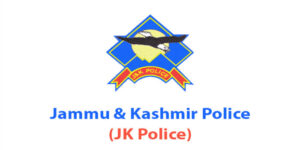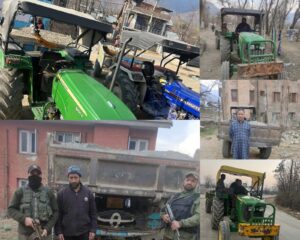IUST Graduate Zahid Bashir Develops Life-Saving Suffocation Alert Technology

Awantipora : Zahid Bashir, a graduate from the Islamic University of Science and Technology (IUST) in Awantipora, Kashmir, has pioneered an innovative technology that could save lives by alerting individuals to potential suffocation hazards. Zahid, hailing from Anantnag, has developed a life-saving suffocation alert system, which is set to revolutionize safety, particularly in situations where people are at risk of suffocation due to temperature extremes or gas exposure.
Having recently completed his B.Tech in Computer Science from IUST, Zahid is currently working on this project with the support of CIED-IUST Foundation. The project, which is still in its early stages, aims to provide an automatic alert system for individuals in enclosed spaces, where there is a potential risk of oxygen depletion or toxic gas accumulation, often leading to suffocation.
Speaking about the motivation behind the project, Zahid explained, “I was deeply disturbed by recent incidents of suffocation in the valley, including several tragic deaths in Kulgam and other parts of Kashmir. People in such situations often face deadly temperature fluctuations and oxygen shortages without realizing the danger. I knew I had to do something to prevent this.”
The technology combines several sensors, including temperature and gas sensors (MQ-2, MQ-7, and MQ-135), which work together to detect potentially dangerous levels of heat, toxic gases, and low oxygen. Zahid’s system is designed to beep when unsafe levels are detected, waking up individuals who may be unaware of the danger. Additionally, the system will activate an exhaust fan in the room to ventilate the space and restore oxygen levels, ensuring the safety of the person inside.
“This technology not only alerts individuals to the immediate danger but also ensures energy efficiency by only activating the exhaust fan when necessary. This reduces electricity consumption and minimizes the environmental impact,” Zahid added.
Zahid credited his alma mater, IUST, for providing him with the resources and mentorship needed to bring this idea to life. “I am incredibly grateful to the Computer Science Department, for constant support throughout my academic journey. The facilities at IUST played a pivotal role in helping me develop this innovation,” Zahid said.
With the prototype already functional, Zahid is optimistic about the future of the project, which he plans to refine and develop into a commercial product within the next month. His vision is to make the technology available for widespread use, ensuring that it can help save lives.





